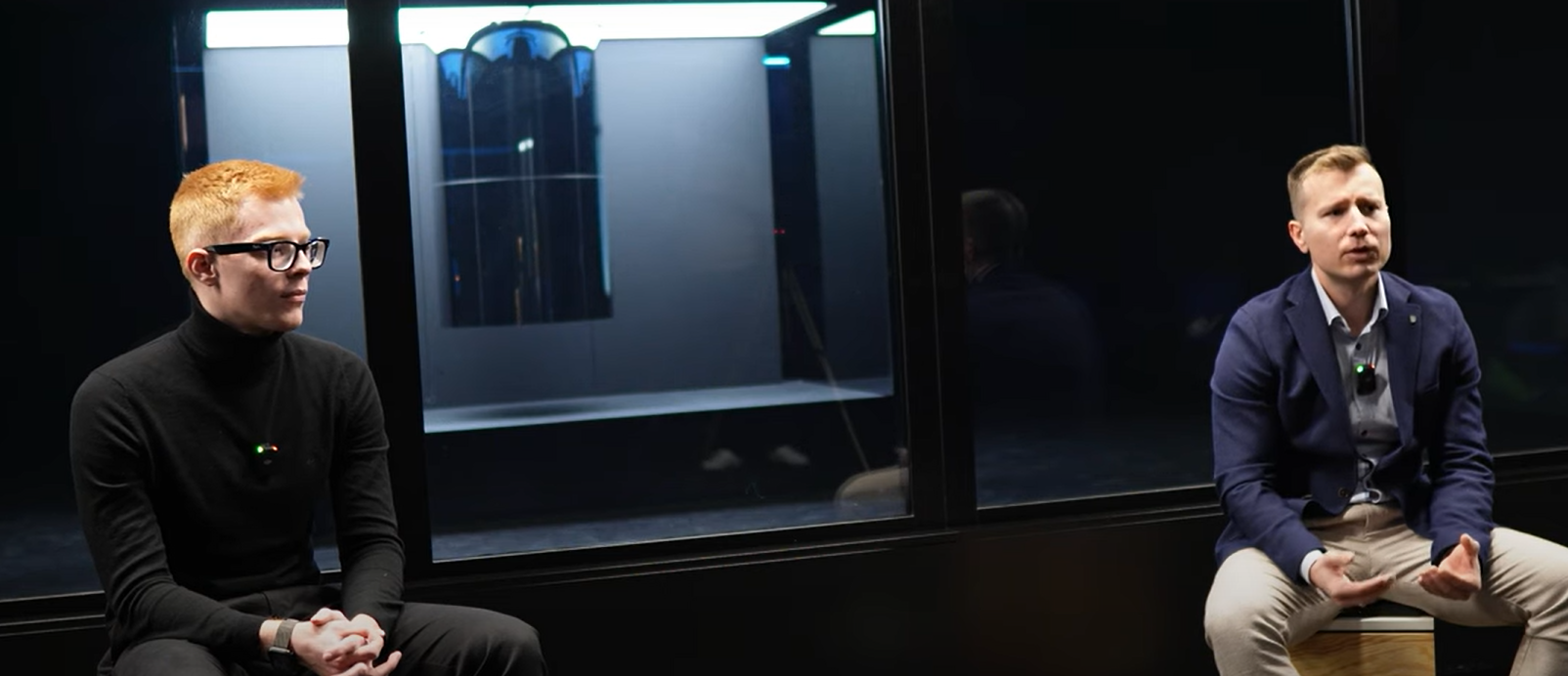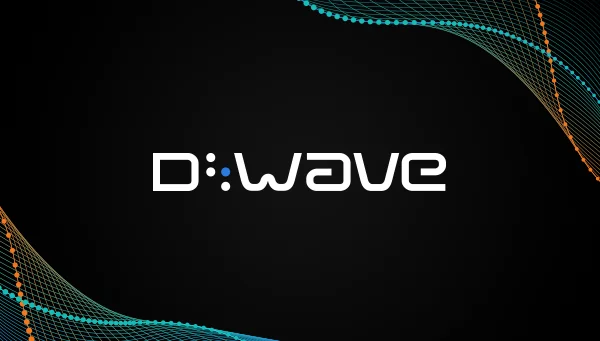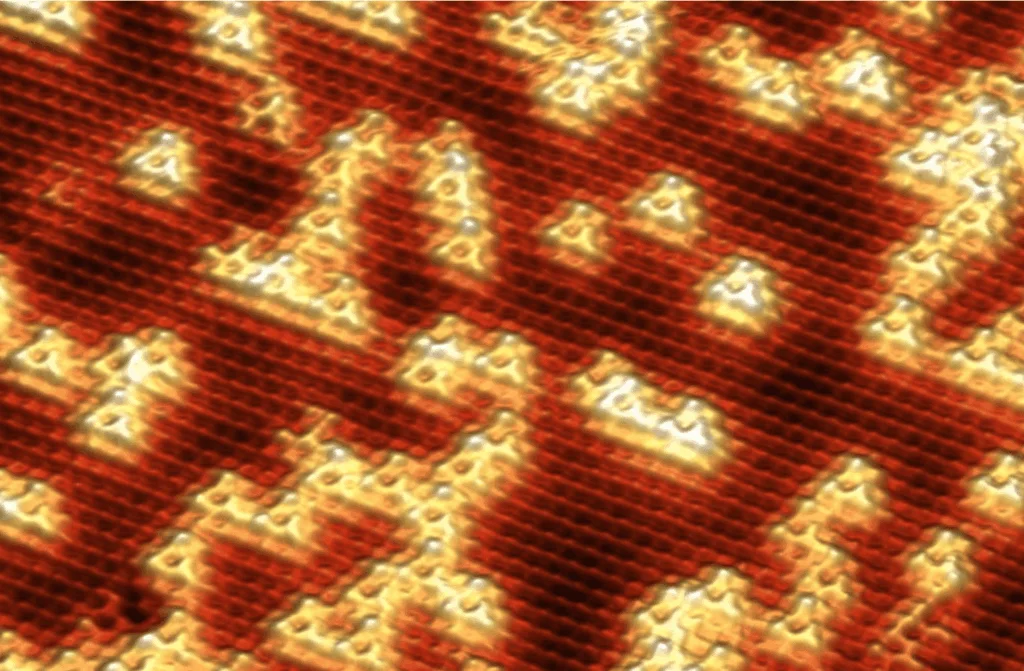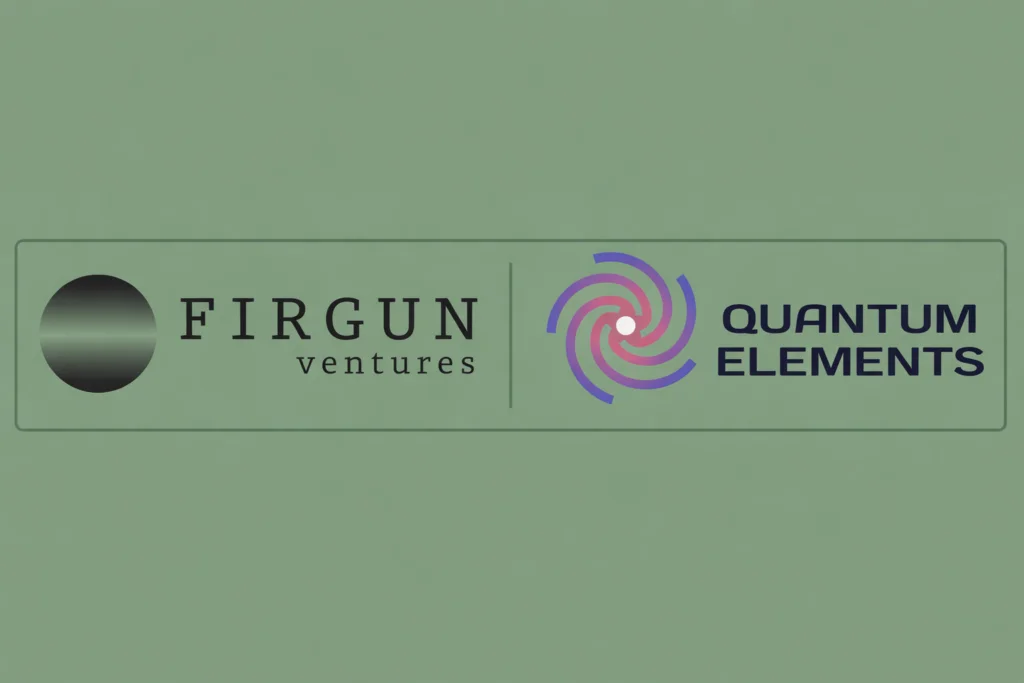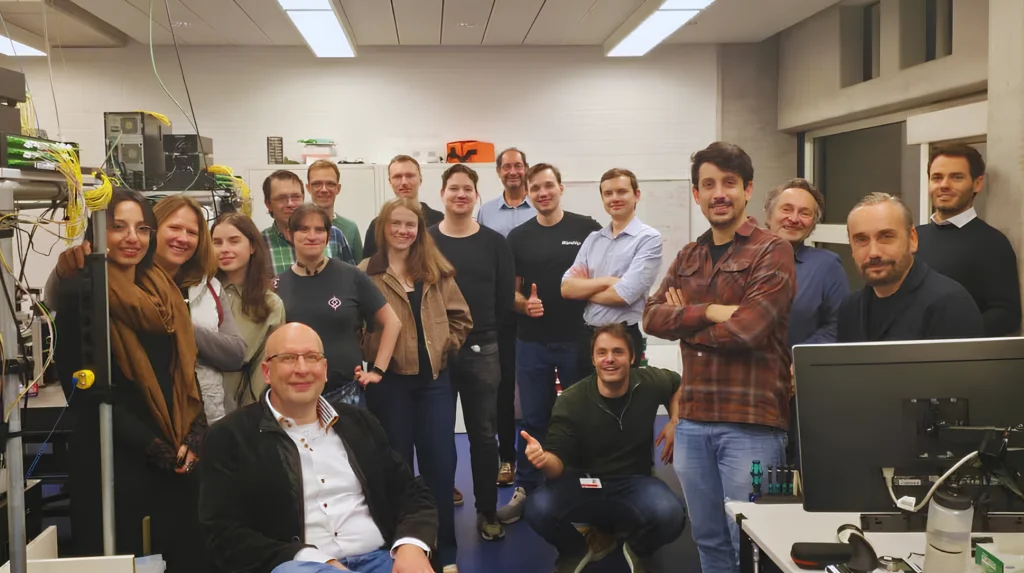Insider Brief
- Christian Tutschku, a quantum computing expert, highlighted the potential of quantum computers to solve complex problems faster than classical computers during a recent TEDx Talk.
- He explained key quantum concepts like superposition and entanglement, which enable quantum computers to process information in ways that classical systems cannot.
- Tutschku emphasized quantum computing’s future applications in fields like cryptography and anomaly detection, predicting significant advancements as the technology evolves.
Christian Tutschku, a leading expert in quantum technologies with extensive experience in both academic research and industry applications, discussed the exciting potential of quantum computing in solving complex problems that stump even the most powerful classical computers during recent TEDx Talk.
Tutschku began by contrasting conventional and quantum computers: “To understand the strength of quantum computers, we need to first understand how a classical conventional computer works.” He explained that classical computers operate on a “deterministic paradigm of calculation” using binary systems of zeros and ones.
In contrast, “a quantum computer is completely different. It’s a probabilistic scheme of calculation,” Tutschku stated. Quantum computers harness the strange properties of quantum mechanics, particularly superposition and entanglement.

Superposition allows quantum bits (qubits) to exist in multiple states simultaneously.
“We are not sure if it is zero or if it is one,” said Tutschku. “Somehow it is both at the same time.” Entanglement, for which the 2023 Nobel Prize in Physics was awarded, enables connected qubits to share information instantaneously, regardless of distance. Tutschku went on: “If you entangle two states, they know from each other. If you do something at one point, you directly change the other.”
These quantum properties enable solving certain problems exponentially faster than classical computers. Tutschku cited Shor’s algorithm for factoring large numbers, crucial for breaking current encryption methods, and the HHL algorithm for rapidly solving systems of equations in fields like fluid dynamics.
However, Tutschku cautioned that quantum computing isn’t solely about speed. He stressed that while quantum computing offers faster processing, it also involves complexity theory, reduced power consumption and greater accuracy — capabilities that are not achievable with classical computing.
Looking ahead, Tutschku sees promising applications in the NISQ (Noisy Intermediate-Scale Quantum) era, including “anomaly detection, maybe in image data or also financial data.” He also noted quantum computing’s potential for problems with “a high configuration space which you want to search all through at the same time.”
As quantum technologies continue to advance, they promise to revolutionize fields from cryptography to materials science, opening new frontiers in computation and scientific discovery. Tutschku’s expertise continues to bridge the gap between theoretical quantum mechanics and practical quantum computing solutions, paving the way for these groundbreaking innovations.
Featured image: Credit: TEDx

